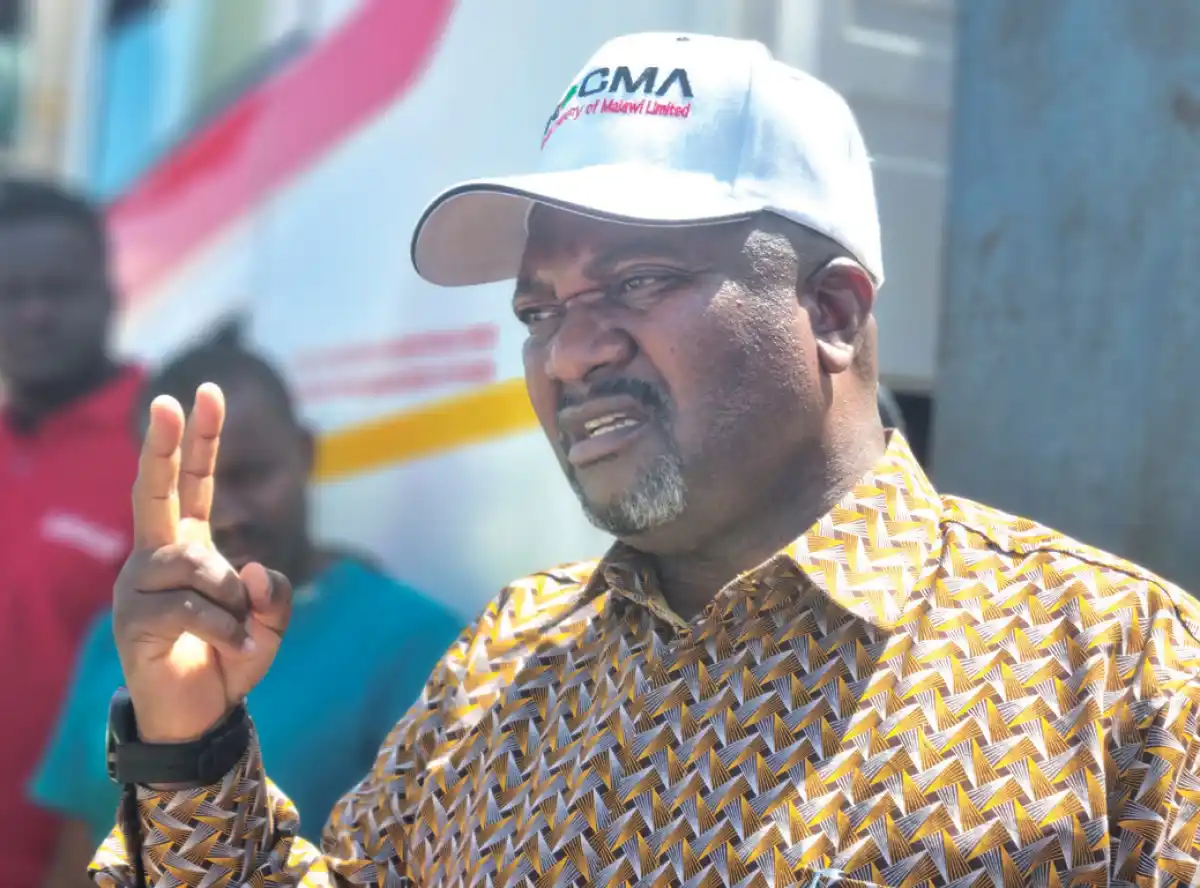

By Cathy Maulidi:
Malawi’s shift to Government-to-Government procurement policy for fuel has ignited tension among members in the taskforce to ensure fuel security.
On November 27, 2024 President Lazarus Chakwera announced that his administration had decided to begin the process of transitioning Malawi from the open tender system for procuring fuel to a Government-to-Government (G2G) arrangement as one way of dealing with fuel shortages.
Chakwera went further to announce that he had constituted a coordinating committee to facilitate and execute all aspects of this G2G policy.
It is chaired by the Minister of Energy Ibrahim Matola and includes a technical arm of technocrats from respective ministries and an advisory committee on fuel security.
According to insiders, the working arrangement is that the advisory committee sources fuel deals and then bring them forward to the technical officials for review.
However, some technical committee members have claimed to Malawi News that they have played no role since their appointment.
A source revealed that the deals that are being dubbed to be G2G in some quarters are being discussed elsewhere.
“We only witness the implementation. Most of us haven’t been part of what is going on,” said a source from one of the departments involved.

In what could be seen as underlining the feisty situation, a member of the committee, Helen Buluma, posted a message on her social media page accusing others of sabotage for the sake of individual gains.
“When personal interest takes precedence over national interest — I tell you there is hardly much anyone can do to help save the situation!
“It’s as if the common Malawian does not matter at all! Kuti chimanga chafika MK75,000/ bag chifukwa cha increase [in] transportation cost amidst other factors alibe nazo yet kuli njala kale!”
“As long as they (a handful of them by the way) don’t benefit personally, any solution brought forward to solve this crisis is being frustrated!
“I have been here before … and sadly, I thought things will be different! Koma ayi ndithu; it’s either adyepo at the expense of the poor Malawians or forget fixing this crisis! Patsalapa ndi pa name and shame tu basi tsopano!”
Apparently, the message was targeted at some technical officials.
However, one of the technocrats said such statements are being made to deliberately to deflect blame onto others in case things take an unexpected turn.
“The current fuel stockout will not be resolved using the approach of character assassination. It requires a unified approach with sober minds,” the source said.
But the clash is also in statements by the government officials themselves.

Last week, Malawi Energy Regulatory Authority (Mera) Chief Executive Officer Henry Kachaje told the Parliamentary Committee on Natural Resources that no one is implementing the G2G arrangement.
He said the President is yet to assent to the Liquid Fuels and Gas (Production and Supply) Act (Amendment) Bill.
This is an amended legal framework seeking to facilitate the transition from open tender to the G2G procurement of fuel.
“No one is implementing the G2G because the Bill you passed hasn’t been assented to.
“What we are facilitating with Kenya is an emergency procurement arrangement and it’s allowed in a situation where the country is so distressed as we are and the Minister of Energy is allowed to intervene and activate an emergency procurement,” he said.
He added:
“What we have done to address the critical situation we are in is to use the provisions in the current law to enable us to procure an emergency supply that has been done on the back of MoU [Memorandum of Understanding] that we signed with Kenya which has a long standing G2G arrangement with all producing countries,” Kachaje said.
Yet, in a statement on January 3, Minister of Energy Ibrahim Matola told Malawians that the 51.5 million litres that the country would be receiving was coming under G2G despite being an emergency.
The title of the statement was ‘Emergency fuel supply consignment under the government-to-government fuel supply arrangement.’
The statement read as follows:
“Following the announcement of a policy shift in fuel importation by His Excellency, the President of the Republic of Malawi, Dr Lazarus MacCarthy Chakwera, the Government of the Republic of Malawi, through the Ministry of Energy and its appointed agent, the National Oil Company of Malawi (Nocma), has procured 40,000 metric tons (about 51.5 million litres) of a combined cargo of diesel and petrol from Abu Dhabi, United Arab Emirates.”
When a bill is passed, there are processes that are followed before the bill is made a law. That includes the President assenting to the Bill, a thing that has not happened yet.
“So maybe a legal expert can explain to us what is happening. Why are the G2G arrangements being carried in absence of the law?” questioned another ‘sidelined’ member of the taskforce.
An insider at the Ministry of Energy said the government only approached Kenya to help Malawi on how G2G is done.
“Kenya does not produce fuel. The agreement was for Kenya to teach us how G2G is done,” said the source.
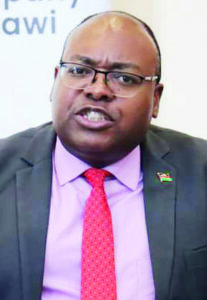
Nocma’s Chief Executive Officer Clement Kanyama told Parliament last week that in Kenya, Malawi approached Abu Dhabi National Oil Company (Adnoc) which recommended Gulf Energies which now Malawi is getting fuel from.
When the MP asked him if this means the country is getting the fuel from an agent, Kanyama said: “No, the President announced the G2G arrangement. This month a team from UAE is expected to come to finalise discussions. Once that is done, we will be able to sign an agreement with Adnoc and work directly with the company.
“In the short term Malawi is riding on the back of Kenya to source the product. We are not getting the product from an agent; we are getting it from Adnoc who has authorised its partner, Gulf Energies, to release the product to us.”
But sources again say this actually single sourcing using a legal framework that has not been effected as law.
They say Gulf Energies is just like any other company and not a national oil company for some country.
“No one has risen to ask questions and this is why they are doing things that are against the law,” said another member within the taskforce.
Giving his legal opinion, legal expert Gilbert Khonyongwa said it would be easy to tell what is happening if Malawians were shown what is in the Kenyan MoU.
“At the moment that’s the only MoU we know Malawi has signed but to understand what is happening government should make public the MoU for people to appreciate what’s happening,” Khonyongwa said.
Attorney general Thabo Chakaka Nyirenda who is also a member of the advisory committee was not available for a comment.


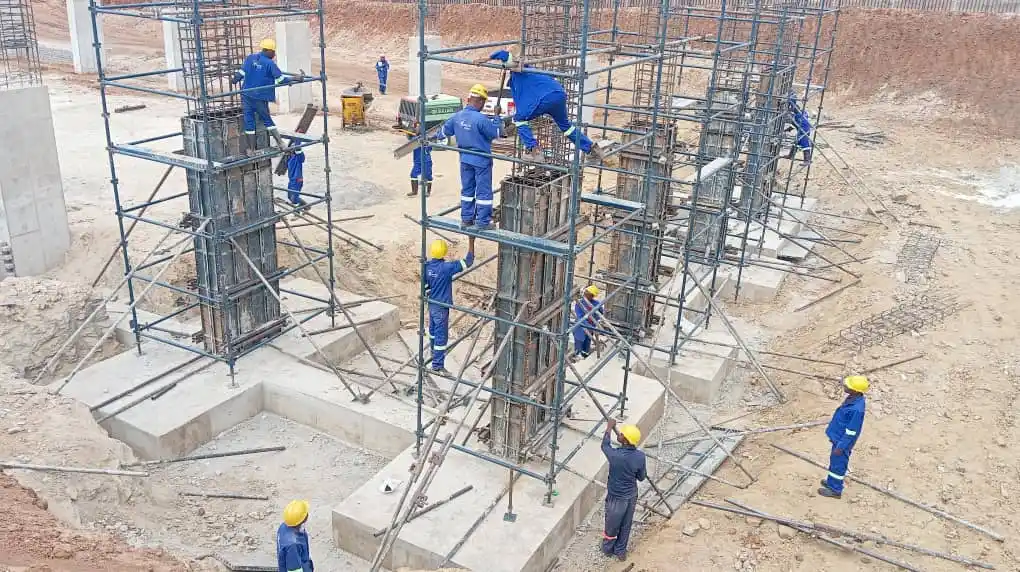
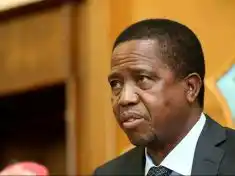
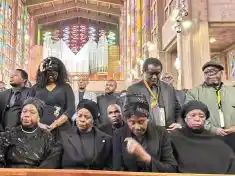
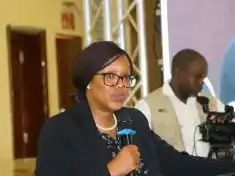
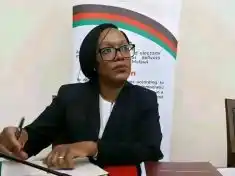

0 Comments